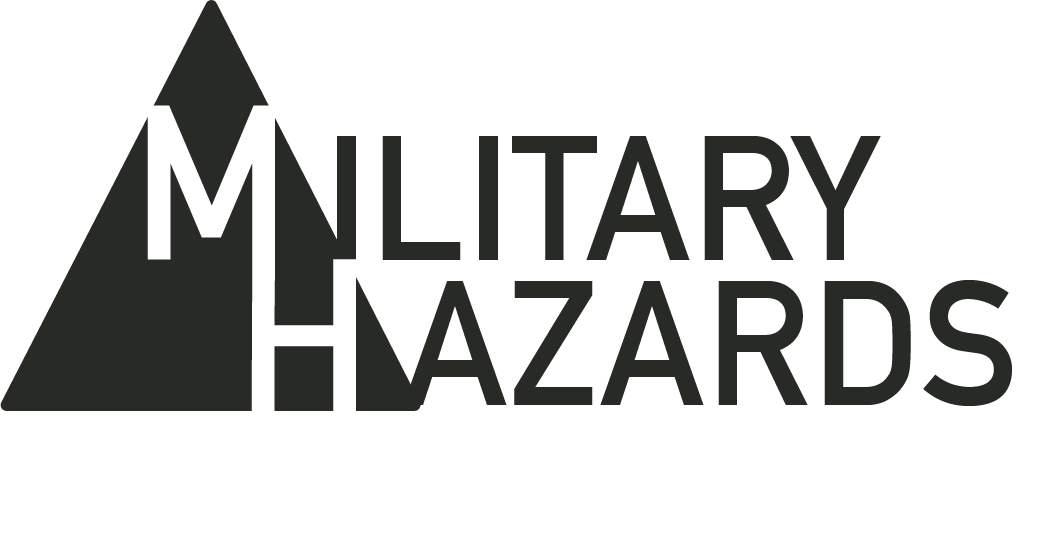Contact Our Legal Partner
"*" indicates required fields

Jet fuel is a highly flammable and volatile substance that is widely used in military aviation. Aircraft maintenance personnel in the military are routinely exposed to jet fuel as part of their job function. While jet fuel exposure is a necessary element to the performance of job duties, it also poses significant occupational hazards that can lead to both short-term and long-term health risks.
Short-Term Exposure Risks:
Short-term exposure to jet fuel can cause a range of health problems for maintenance personnel. Some of the most common short-term health effects include:
- Skin irritation
- Eye irritation
- Respiratory problems
- Headaches
Skin irritation is a frequent problem for those who work with jet fuel because it can cause dermatitis, or a skin inflammation that causes itching, redness, and swelling. Irritation of the eyes can also occur due to direct exposure to jet fuel, causing burning or itching sensations, redness, and swelling. Inhalation of jet fuel fumes can lead to respiratory problems such as coughing, wheezing, and shortness of breath. Lastly, exposure to jet fuel fumes can cause headaches, nausea, and dizziness.
Long-Term Exposure Risks:
Long-term exposure to jet fuel, however, can have more severe and lasting health impacts on maintenance personnel. The primary long-term health concerns associated with jet fuel exposure are:
- Cancer
- Neurological disorders
- Arteriosclerosis
- Ischemic heart disease
- Cardiovascular disease
Studies have shown that long-term exposure to jet fuel fumes can increase the risk of developing cancer, especially lung cancer, skin cancer, and bladder cancer. Neurological disorders such as Parkinson’s disease have also been linked to long-term exposure to jet fuel fumes.
The dangers of jet fuel exposure are compounded by the fact that many of the chemicals in jet fuel are toxic and can accumulate in the body over time. Exposure to chemicals like benzene, toluene, and others that are found in jet fuel can cause damage to the liver, kidneys, and other vital organs. Over time, such damage can lead to chronic health problems and even death if left untreated.

Preventing Exposure Risks:
To prevent the risk of exposure, it is essential to follow strict safety protocols and guidelines when handling and working with or around jet fuel. Personal protective equipment (PPE) such as gloves, eye protection, and respirators should be used when handling jet fuel to prevent contact with the skin and eyes and inhalation of fumes. Further, training programs that focus on safe handling procedures and emergency response plans must be implemented to reduce the amount of accidents workers have.
Finally, the occupational hazards associated with exposure to jet fuel by aircraft maintenance personnel in the military should not be underestimated. As we have said, short-term exposure risks include skin irritation, eye irritation, respiratory problems, and headaches. Long-term exposure risks include cancer, neurological disorders, arteriosclerosis, ischemic heart disease, and cardiovascular disease. IFor all of these reasons, it is critical to follow strict safety protocols and guidelines when handling and working with or around jet fuel to prevent exposure risks. Lastly, training programs that focus on safe handling procedures and emergency response plans should be implemented to reduce the risk of accidents. By taking these precautions, employers can minimize the risks that are associated with jet fuel and ensure the health and safety of our military personnel.
